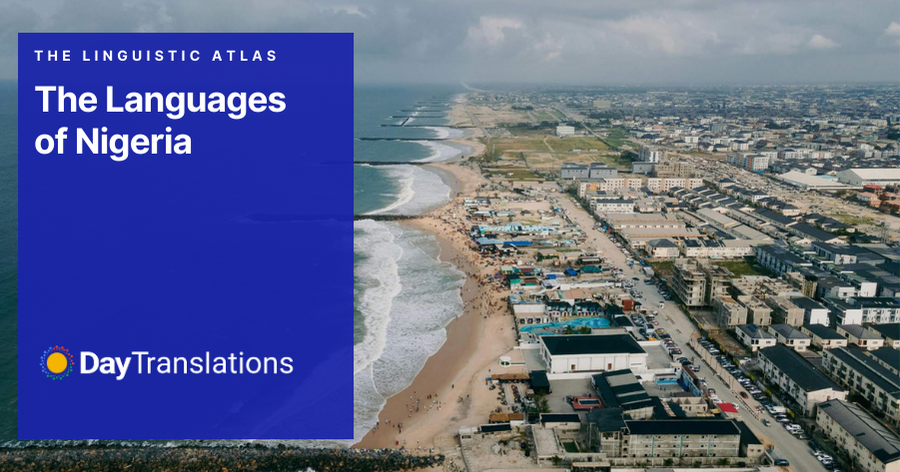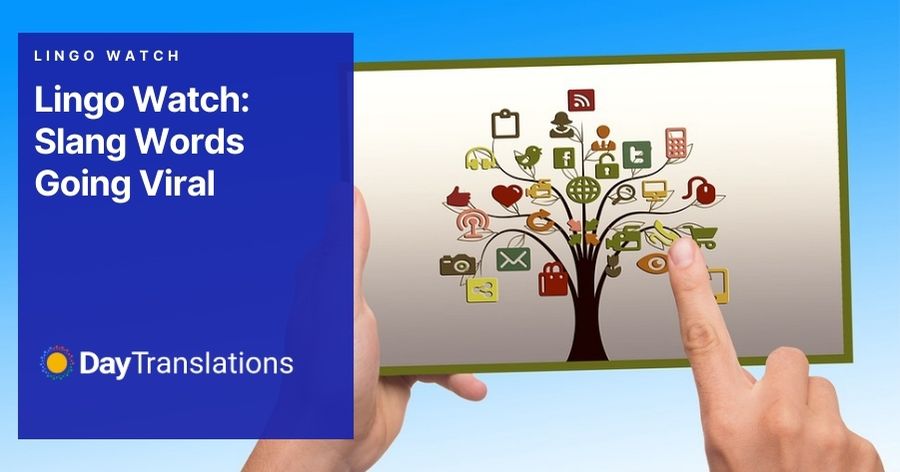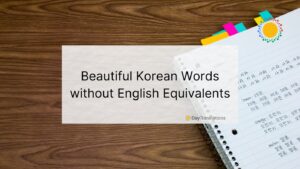Nigeria is often called the “Giant of Africa” because of its population, economy, and cultural influence. But if you zoom in past Lagos’ skyscrapers or Kano’s bustling markets, you’ll discover that Nigeria is also a giant in terms of languages. With more than 200 million people and hundreds of ethnic groups, the languages of Nigeria form one of the richest linguistic tapestries on Earth.
So, what exactly is a Nigerian language, and how many are there? The answers are fascinating, and not always straightforward.
The Official Languages of Nigeria
Let’s start with the basics: what are the official languages of Nigeria?
Nigeria has just one official language at the federal level: English. This dates back to British colonial rule, and today English is used in government, law, business, education, and national media. It functions as the neutral “bridge” language among Nigeria’s 500+ ethnic groups.
However, the Nigerian constitution also recognizes the importance of major local languages. In practice, Hausa, Yoruba, and Igbo enjoy semi-official status, especially in education, state administration, and broadcasting. For example:
- Radio stations in northern states broadcast news in Hausa.
- Yoruba is used widely in schools in the southwest.
- Igbo plays a key role in southeastern regional identity.
So while English is the only official language of Nigeria on paper, in daily life the situation is more complex.
What are the Languages of Nigeria?
If you’ve ever wondered what are the languages of Nigeria, the answer is staggering. According to Ethnologue and UNESCO, there are around 525 recognized languages in the country. This makes Nigeria one of the most multilingual nations in the world, surpassed only by Papua New Guinea and Indonesia.
The languages fall into three major African language families:
- Niger-Congo (includes Yoruba, Igbo, and most southern languages)
- Afro-Asiatic (includes Hausa, Kanuri, and Fulfulde in the north)
- Nilo-Saharan (smaller groups in central regions)
Add English and Nigerian Pidgin to the mix, and the number of languages in Nigeria shows just how diverse this country really is.
Major Nigerian languages
While hundreds of languages are spoken, a few dominate in terms of population. These are often what people mean when they refer to “a Nigerian language.”
- Hausa: Widely spoken in the north and used as a lingua franca across West Africa. Hausa is also a major trade and media language.
- Yoruba: Native to the southwest, including Lagos. Yoruba carries deep cultural significance and is tied to religion, music, and literature.
- Igbo: Spoken in the southeast, with a rich oral and literary tradition.
- Fulfulde (Fula): Spoken by nomadic Fulani communities across northern Nigeria.
- Kanuri: Once the language of the Kanem-Bornu Empire, still spoken by millions in the northeast.
Together with English, these languages connect the majority of Nigerians, but each region has its own set of dominant tongues.
Nigerian Pidgin
No discussion of the languages in Nigeria is complete without mentioning Nigerian Pidgin. Often just called “Pidgin” or “Naija,” it’s an English-based creole that blends English vocabulary with structures and words from local languages.
For example:
- “How you dey?” = How are you?
- “I go come later.” = I will come later.
Nigerian Pidgin is spoken informally across the country and serves as a lingua franca in cities. Some scholars even argue it’s the true national language because it unites people more effectively than standard English.
The Number of Languages Spoken in Nigeria
So, what is the number of languages spoken in Nigeria today?
- Ethnologue (2024 edition) lists 525 living languages.
- Some Nigerian linguists argue the figure is higher, closer to 600, depending on how dialects are classified.
- Unfortunately, many of these languages are endangered, with fewer than 10,000 speakers.
This means the number of languages in Nigeria is both a source of pride and a challenge. Balancing national unity with linguistic diversity is no small task.
Regional Breakdown
Here’s a quick look at how languages spread across Nigeria:
- North (Kano, Kaduna, Borno): Hausa dominates, along with Fulfulde and Kanuri. Arabic influence is visible in Islamic religious life.
- Southwest (Lagos, Oyo, Ogun): Yoruba is the main language, alongside English and Pidgin.
- Southeast (Enugu, Imo, Anambra): Igbo leads, with English as a second language.
- Middle Belt (Benue, Plateau, Nasarawa): The most linguistically diverse region, with dozens of smaller languages like Tiv, Idoma, and Berom.
This regional variety shows why it’s difficult to speak of just one Nigerian language.
Endangered Languages
The question what are the languages of Nigeria also points us toward those at risk of disappearing. UNESCO’s Atlas of the World’s Languages in Danger lists over 100 Nigerian languages as vulnerable, endangered, or nearly extinct.
Examples include:
- Sheni, spoken by only a handful of elders in Plateau State.
- Auyokawa, reportedly extinct since the 20th century.
- Gamo-Ningi, critically endangered.
These languages hold unique cultural knowledge, from farming techniques to folklore. Losing them means losing part of Nigeria’s heritage.
Language and Identity
For Nigerians, language is deeply tied to identity. Speaking Yoruba or Igbo isn’t just about communication; it’s about belonging to a community with its own history, proverbs, and traditions.
At the same time, English and Pidgin provide tools for national and global communication. This creates a layered identity: Nigerian citizens can be Yoruba at home, Nigerian in society, and English-speaking in global spaces.
Education and Media
In schools, English is the primary language of instruction. However, the government has policies encouraging the use of local languages in early education. In practice, Hausa, Yoruba, and Igbo are often taught as subjects, while English dominates after primary school.
In media, local languages thrive. Hausa radio dramas, Yoruba Nollywood films, and Igbo music videos all enjoy massive popularity. Pidgin also dominates online spaces, social media, and youth culture.
What Language Do Nigerians Speak?
So, what language do Nigerians speak on a daily basis? The answer depends on context:
- At home: Hausa, Yoruba, Igbo, Tiv, or one of hundreds of other local languages.
- At school or work: English.
- On the street or in informal settings: Nigerian Pidgin.
This multilingual juggling act is typical of daily life in Nigeria.
Conclusion
The languages of Nigeria represent one of the greatest linguistic treasures in the world. With over 500 tongues, Nigeria shows us how language shapes identity, community, and culture.
If you ask what are the official languages of Nigeria, the formal answer is just English. But if you ask what are the languages of Nigeria, the answer stretches into the hundreds, from Hausa in the north to Yoruba in the southwest, Igbo in the southeast, and dozens of endangered tongues in the Middle Belt.
The real story of Nigerian language is one of resilience, creativity, and diversity. And that makes Nigeria not only the Giant of Africa but also a true giant of world languages.












Sorry, the comment form is closed at this time.